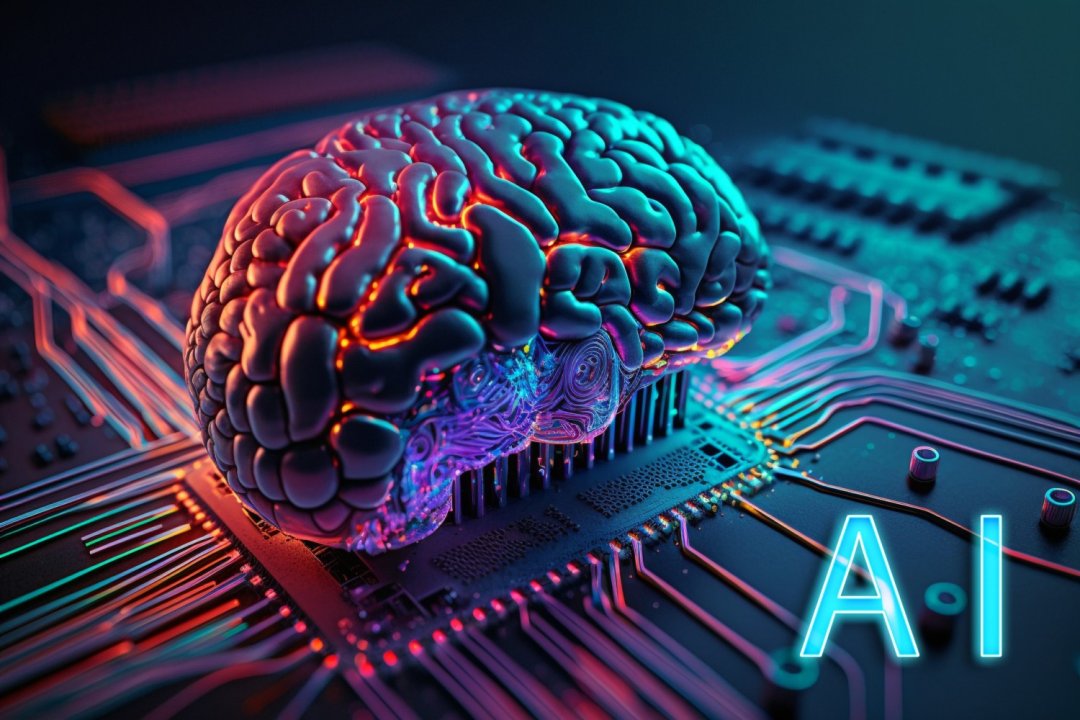
24Jun
AI and Automation Revolutionize Business Operations and Workforce Dynamics
AI and Automation Revolutionize Business Operations and Workforce Dynamics
Artificial Intelligence (AI) and automation technologies are reshaping business operations and redefining workforce dynamics across industries. As organizations increasingly integrate AI-driven solutions, the implications for productivity, efficiency, and job roles are profound, heralding a new era of innovation and transformation.
AI in Business Operations
AI's adoption in business operations spans a spectrum of applications, from customer service chatbots and predictive analytics to robotic process automation (RPA) and machine learning algorithms. These technologies empower businesses to automate repetitive tasks, streamline workflows, and derive actionable insights from vast datasets.
In sectors such as finance, healthcare, manufacturing, and retail, AI enables predictive maintenance, personalized healthcare treatments, supply chain optimization, and targeted marketing strategies. By leveraging AI, organizations enhance decision-making capabilities, reduce operational costs, and gain a competitive edge in a rapidly evolving market landscape.
Workforce Implications
The integration of AI and automation technologies raises important considerations for the workforce. While these technologies eliminate mundane tasks, they also redefine job roles and skill requirements. Employees are increasingly tasked with overseeing AI systems, interpreting data analytics, and focusing on tasks that require human creativity, empathy, and critical thinking.
Upskilling and reskilling initiatives are essential for preparing the workforce for the AI-driven future. Companies are investing in training programs to equip employees with digital literacy, data analysis skills, and proficiency in working alongside AI technologies. This approach not only enhances employee adaptability but also fosters a culture of continuous learning and innovation within organizations.
Advancements in Automation Technologies
Advancements in automation technologies complement AI's capabilities, driving operational efficiency and scalability. Robotics, autonomous vehicles, and smart manufacturing processes exemplify the transformative impact of automation across industries. These technologies optimize production processes, improve workplace safety, and enable agile responses to market demands.
In the context of logistics and supply chain management, automation streamlines inventory management, enhances delivery logistics, and reduces fulfillment times. Moreover, AI-powered predictive maintenance minimizes downtime and prolongs the lifespan of critical infrastructure, ensuring operational continuity and reliability.
Future Outlook
Looking ahead, the evolution of AI and automation promises continued innovation and disruption across global markets. Businesses that embrace these technologies strategically will gain efficiencies, unlock new growth opportunities, and drive sustainable business practices.
However, ethical considerations, such as data privacy, algorithmic bias, and the impact on job displacement, warrant careful attention. Collaborative efforts between policymakers, industry leaders, and academia are essential to navigate regulatory frameworks, address societal concerns, and maximize the societal benefits of AI and automation.
AI and automation represent a transformative force in business operations and workforce dynamics, paving the way for a future where innovation, efficiency, and human ingenuity converge to drive economic prosperity and societal advancement. Embracing these technologies responsibly is key to shaping a resilient and inclusive digital economy in the years to come.
